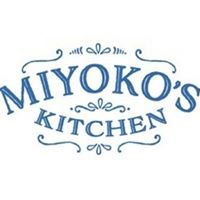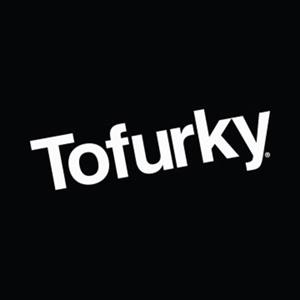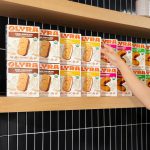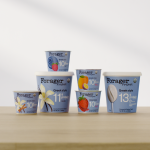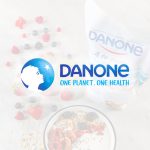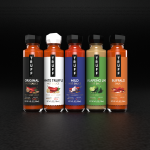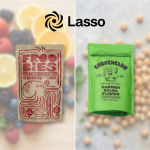Free’ At Last? What The Miyoko’s Ruling Means for the Future of Plant-Based Food
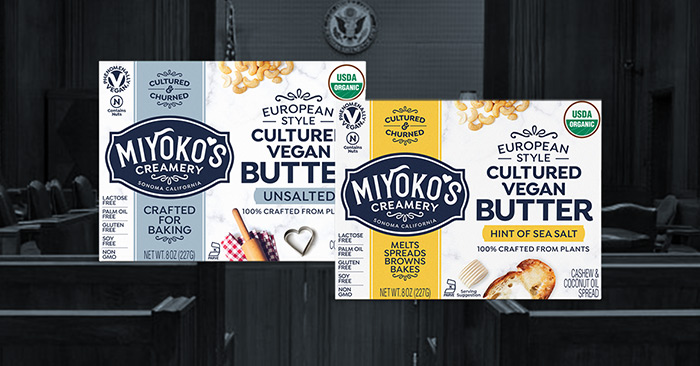
Last week, plant-based cheese and butter maker Miyoko’s Creamery emerged victorious in what could potentially be a landmark legal case for dairy and meat alternative CPG brands. Citing the company’s first amendment rights, a California judge ruled the company can continue to use terms such as “butter,” “lactose-free” and “cruelty-free” (which have typically been used by animal-based products) on its packaging so long as it is properly labeled as vegan.
The ruling, issued in the U.S. District Court for the Northern District of California, was seen by many in the plant-based food and beverage industry as a vital step towards ending a years-long legal war with meat and dairy industry special interest groups that have sought to restrict the use of certain terminology by alternative products makers. The case was filed by Miyoko’s Creamery (formerly Miyoko’s Kitchen) founder Miyoko Schinner, who pursued legal action last year after being served with an enforcement letter by the California Food and Drug Administration (CFDA) demanding the company cease using the term butter alongside its slogan “Revolutionizing Dairy with Plants.”
For plant-based food and beverage manufacturers, the decision is cause for celebration. In a statement, Good Karma Foods CEO Doug Radi noted that as more consumers seek out vegan options — as up to 57% of U.S. households in 2020 did — the growing demand proves that “the dairy industry’s argument that consumers are confused is patently false.”
“Similar to other class action lawsuits against plant-based dairy manufacturers that have been thrown out on the same grounds, we are thrilled about the judge’s preliminary injunction ruling in the [CDFA] case against Miyoko’s Creamery,” Radi said. “This is a huge win for the plant-based foods industry and for consumers that are choosing our products.”
However, while the case could provide plant-based brands with some much needed legal precedent to defend the practice of using meat and dairy terms on their labels, the fight ahead is anything but cut and dried.
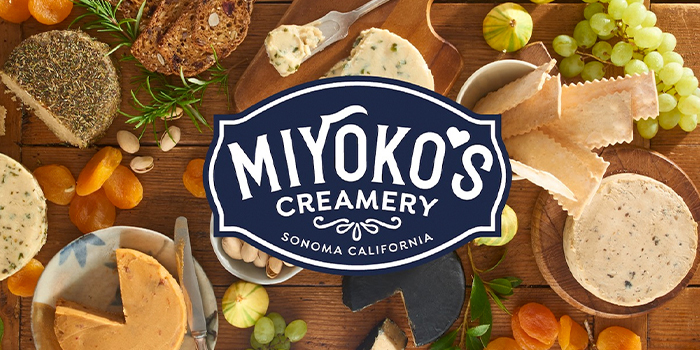
Establishing the Legal Argument
Meat and dairy lobbyists have long pushed the U.S. Food and Drug Administration (FDA) to enforce standards of identity that would prohibit companies from using certain terms — from “milk” and “cheese” to “sausage” and “jerky” — which are currently defined by the FDA as being animal-based, regardless if they are qualified with words like “vegan” or “non-dairy.”
However in the Miyoko’s case, judge Richard Seeborg stated in his decision that, in certain cases, plant-based brands deserve “a constitutional credit for old age,” noting that “language evolves” over time and decades-old state definitions may not actually be protecting consumers who understand the differences between plant and animal sourced butters.
So, do plant-based companies now have what they need to protect their labeling interests in court? According to James Molen, an attorney with California-based firm Greenberg Glusker, the answer is that they do — and they don’t.
While lawyers are free to cite this case going forward, providing them a “pretty large arrow in their quiver” in the courtroom, the ruling still has a long way to go in California (let alone the rest of the country) before the current regulations surrounding standards of identity are struck down, Molen said. He noted that as a California court, the ruling has no binding authority in any other state, and is in fact not binding in California until it is affirmed on appeal. Ultimately, it will take a ruling in the Ninth Circuit to “become the law of the land,” he said, but even then “other courts are not in any way bound to follow this decision.” However, that doesn’t mean judges won’t consider it.
“It’s certainly persuasive authority, and that’s how we refer to it,” Molen said. “So any case in California is going to rely heavily on this decision and California courts are going to give it weight, even though they’re not bound to follow it.”
In recent years, many states have passed laws seeking to limit and enforce labeling standards for plant-based CPG brands, including California, Oklahoma and Missouri, among others. Last year, a federal judge in Oklahoma upheld a state law requiring alternative meat brands to include a disclaimer on their packaging that they are plant-based, at least as large as the product’s name, if they use a meat-specific term. According to Molen, that ruling is also likely to have its weight felt in future legal battles, giving “both sides ammo” in court.
The federal government may also be a complicating factor. Although movement on the bill had been stagnant for some time, U.S. Senators Tammy Baldwin (D-WI) and Jim Risch (R-ID) reintroduced the Dairy Pride Act in April, with companion legislation in the House of Representatives. If passed, the Act would call for the FDA to begin enforcing standards of identity as they are currently written. Adjusting the standard of identity themselves, could be undertaken, but would likely be a slow and arduous process.
Clay Detlefsen, SVP of regulatory and environmental affairs and staff counsel for the National Milk Producers Federation (NMPF), said that regardless of legislation the issue may come to a head by the middle of next year. The FDA has said it plans to issue new guidance on plant-based foods by mid-2022, but NMPF has “cautioned” the administration that any changes to existing rules would be in violation of the Administrative Procedures Act, which governs how federal agencies develop and revise regulations, he said. While other groups have focused on getting state laws on the books, NMPF has instead remained focused on pushing the FDA to begin enforcement on its own.
While Detlefsen acknowledged that the group is frustrated by the Miyoko’s decision, he said NMPF’s biggest point of contention is in the framing of the debate as being about consumer confusion over product sourcing, rather than about nutrition.
“Our position has been pretty clear that we are asserting that there is consumer confusion in the marketplace about the nutritional inferiority of these products,” Detlefsen said. “Many, many people view plant-based food products as being healthier, when in fact they are significantly nutritionally inferior. So, we would like to see someone focus on that, but then the court seems to constantly focus on consumer confusion in the context of where the product came from…. So it’s frustrating to see yet another decision where a judge says there’s no confusion out there.”

Leading the Fight
For Michele Simon, an independent consultant and the founder of the Plant Based Foods Association (PBFA), one of the biggest takeaways from the case was the choice by Miyoko’s to lead the lawsuit, hiring its own council. Simon noted how Schinner took on significant legal and financial risk in filing the case, but that the move “demonstrates her personal dedication to a cause.”
Simon praised the court decision as an “important victory” for plant-based foods brands and “another nail in the coffin” for meat and dairy lobbyists’ efforts on labeling regulations. But as the labeling issue comes into the spotlight again, Simon said she is concerned about who has had to shoulder the burden of fighting for plant-based food and beverage producers. While a large number of natural product companies claim a corporate mission to promote health, wellness and environmentalism, many of the largest brands — who ultimately may be key targets of their meat and dairy industry competitors — are not taking an active role in the battle, Simon said.
“I think the general trend is towards brands that may have started out mission-based but, let’s be honest, are becoming money-making machines for investors,” Simon said. “So what does the future hold for other companies being willing to really stand up for what’s right? I mean, I don’t know. I have concerns about that.”
At least one other company is actively engaged in legal actions to benefit the plant-based food space, however, and according to Molen the Miyoko’s decision could have an immediate impact.
Turtle Island Foods, the makers of Tofurkey, have filed two lawsuits in Louisiana and Arkansas challenging each state’s respective meat-labeling laws. In Arkansas, Tofurkey won a preliminary injunction against enforcement of the law in 2019 (a similar milestone occurred in Miyoko’s Kitchen vs. Ross last year) and the case is still pending. Meanwhile, in Louisiana, both parties have filed cross motions for summary judgment and the Miyoko’s ruling could be influential, Molen said.
But going forward, Miyoko’s Kitchen vs. Ross might prove more effective in cases involving dairy terms than meat terms, Molen noted. While the decision could carry over and will certainly be invoked in cases involving meat alternatives, it is by no means a surefire bet.
“It is going to be relevant, the reasoning will be persuasive there,” Molen said. “But I guess it’s certainly not an across the board slam dunk for every lawsuit. And we’re going to continue to see, I think, a lot more litigation arising out of this trend towards regulating plant-based protein.”

